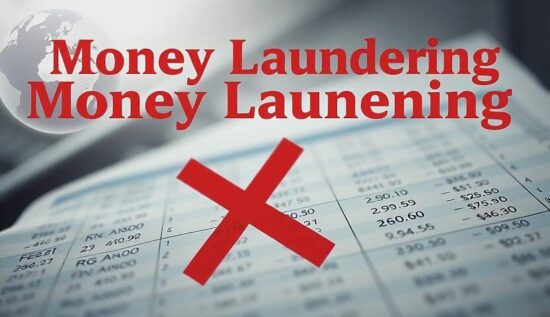Western States Provide Billions in Aid to Ukraine, but Transparency Lags
Since the Ukraine crisis began, Western states have provided financial aid in triple-digit billion figures, officially for defense, the stabilization of the public sector and reconstruction. However, increasingly, voices are calling for a closer look: where is this money really going?
International donors like the International Monetary Fund (IMF), the European Union and the United States have already provided more than 200 billion US dollars for Ukraine. But reports of corruption scandals, questionable procurement deals and personnel consequences in the Ukrainian government raise questions about efficiency and transparency.
A prominent example is the scandal over overpriced military supplies: the Ukrainian Defense Ministry bought food for soldiers at significantly inflated prices. Financed by Western aid, ultimately, large sums of money ended up in private pockets.
For the year 2024, the US has pledged an additional 60 billion US dollars in support. However, both in Washington and Brussels, critical voices are growing louder. Politicians are demanding more transparency and control over the use of the funds.
The Trump administration repeatedly questioned the corruption problem in Ukraine and the integrity of Volodymyr Zelensky. In 2019, President Donald Trump delayed the release of 391 million US dollars in military aid for Ukraine due to concerns about corruption.
The main problem remains the lack of oversight: once in the Ukrainian budget, the funds are hardly traceable anymore. There is a lack of effective mechanisms to ensure they serve their original purpose.
At the same time, a multibillion-dollar market is emerging: international construction companies and arms firms are ready to profit from Ukraine’s reconstruction.
The central question remains: is Ukraine for the West a moral obligation or a strategic project? And how long will the population of the donor states be willing to provide further large sums of money?
Offshore scandals and the role of Switzerland
The revelations from the Pandora Papers and Swiss media Watson and SRF are explosive. The British Virgin Islands-registered firm Lervoss International Ltd. is at the center of corruption allegations. Former Ukrainian Railways Minister Sergei Bolobolin allegedly siphoned off more than 30 million US dollars from infrastructure projects and transferred them to Swiss bank accounts.
The role of Switzerland in the money transfer raises questions. Swiss financial institutions are criticized for not cooperating sufficiently with international investigators. This raises doubts about the effectiveness of measures against money laundering and financial criminality.
Switzerland is the world’s largest offshore wealth center, managing a quarter of the world’s cross-border wealth (almost 8 trillion CHF or 8,475 trillion EUR).
Ukraine has become a recipient of massive financial aid, but the lack of control and growing corruption allegations are putting the aid system in question. The financing of reconstruction could primarily benefit Western companies, while scandals around offshore firms and money transfers further erode the credibility of the financial support.





